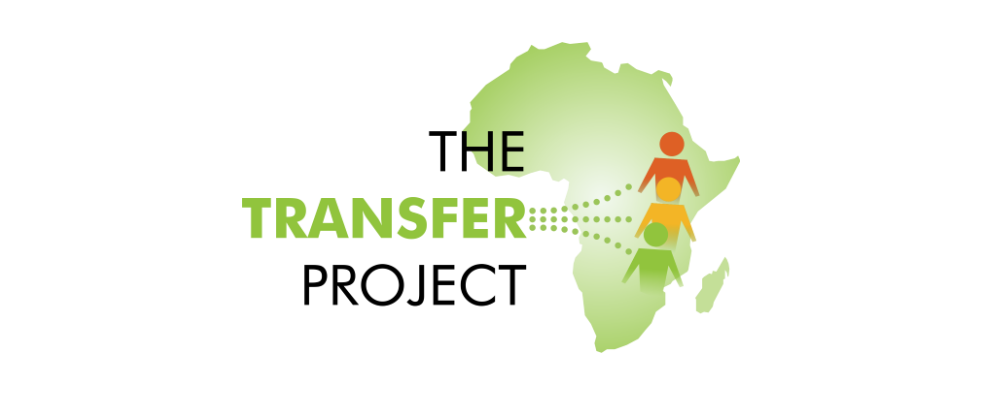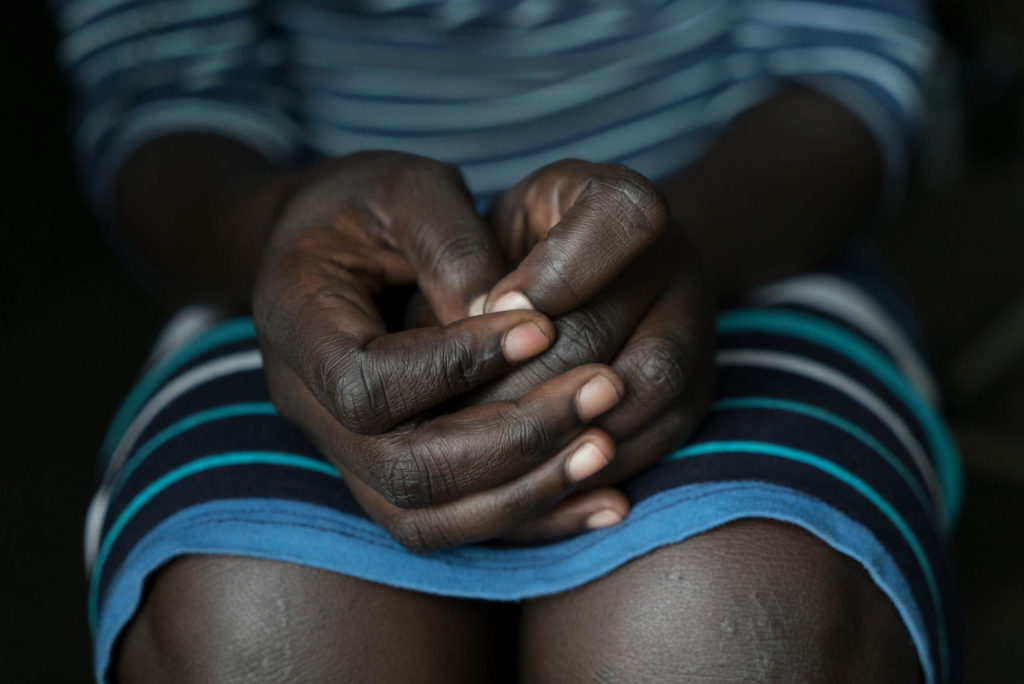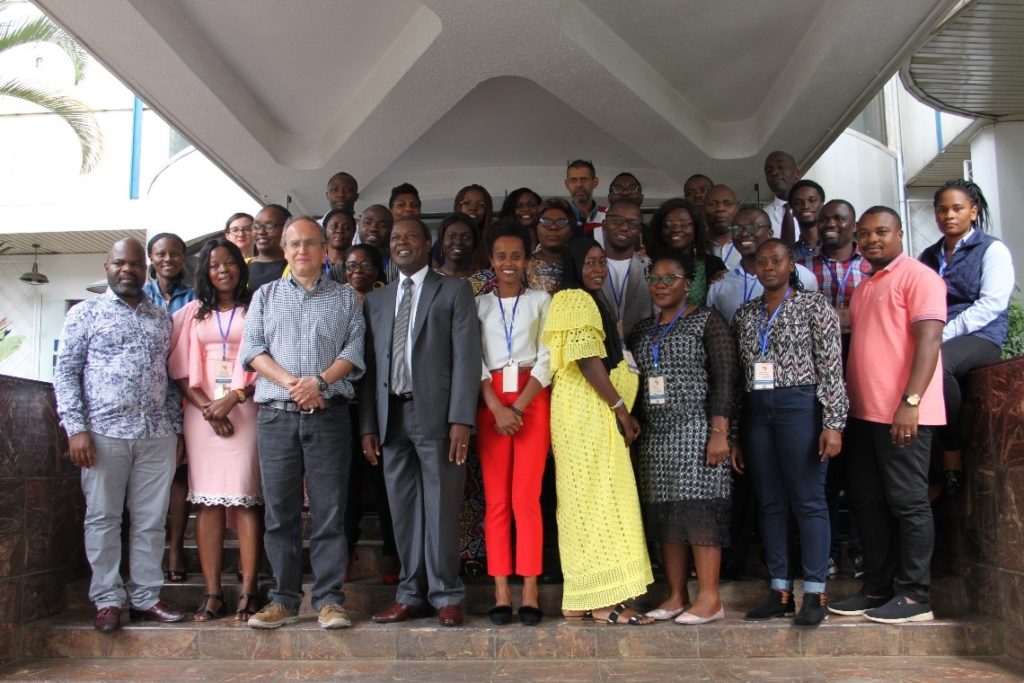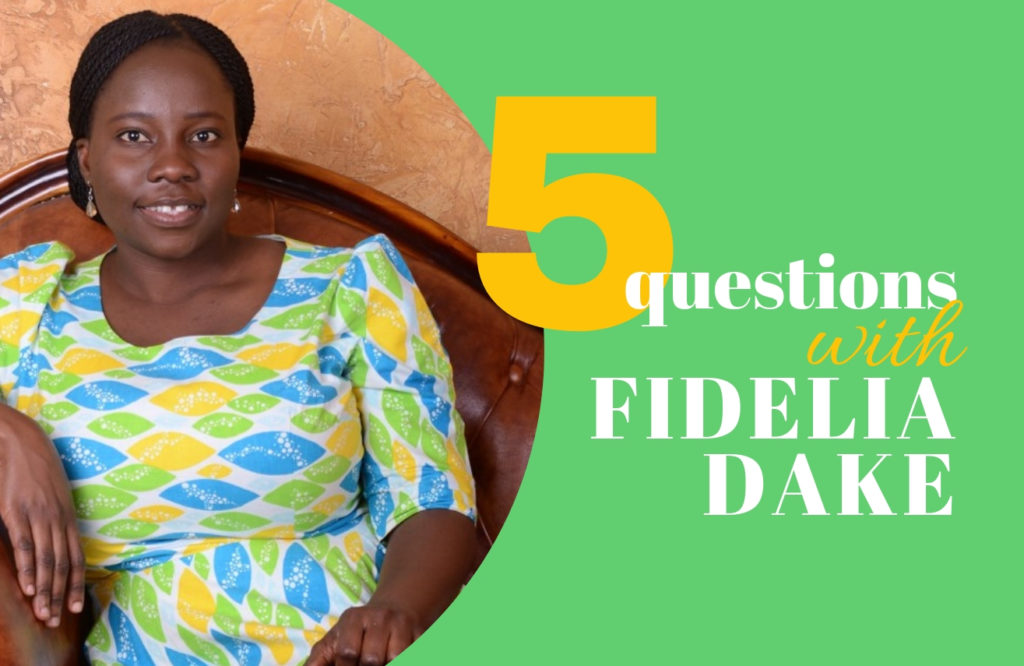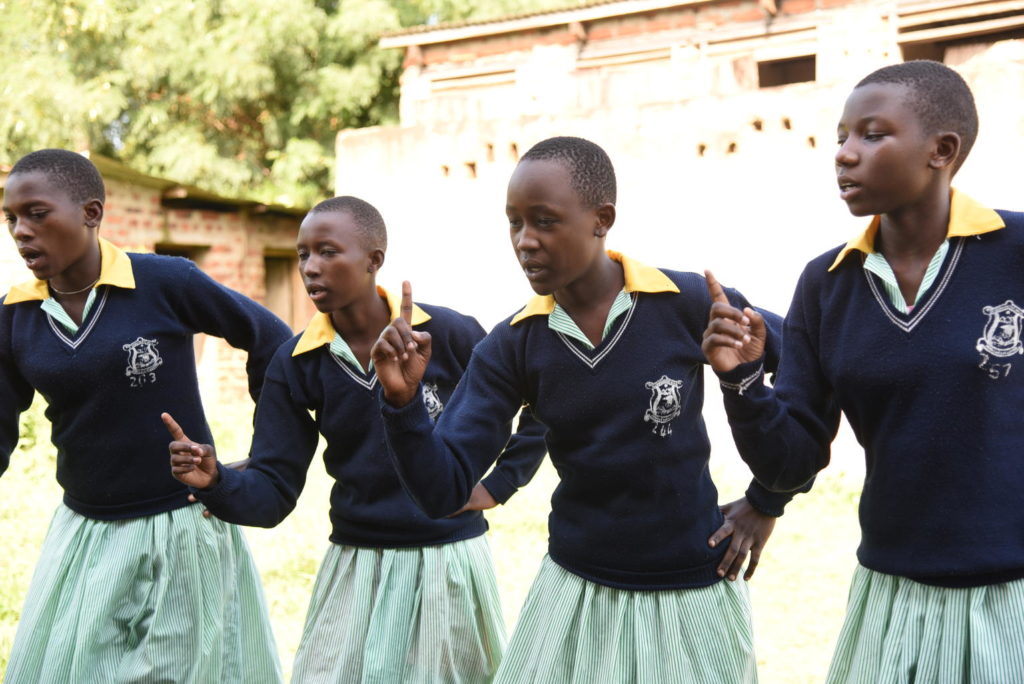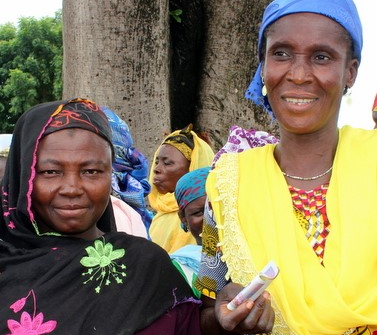Blogs
Cash transfers are promising interventions to reduce intimate partner violence (IPV), but more evidence is needed to better understand their effects in both development and humanitarian settings. This was the main message from a side event at the 63rd Session of the UN Commission on the Status of Women (CSW63) in New York March 13.…
How do we know if a programme made a difference? The answer to this question is not as straightforward as it seems, because we never know what would have happened without the programme.
Fidelia Dake is a Lecturer at the Regional Institute for Population Studies at the University of Ghana, and recently completed a research fellowship in UNICEF Innocenti with the Transfer Project. UNICEF Innocenti’s Amber Peterman sits down with Fidelia to chat about her fellowship experience and to discuss newly published research on cash transfers.
Since adolescence is a highly vulnerable period of rapid physiological, biological, and psychological change, researchers and development partners are increasingly asking how social protection can facilitate safer transitions to adulthood, and what additional factors shape these transitions for youth.
We’ve all heard the statistics—intimate partner violence (IPV) is one of the most pervasive forms of violence globally: one in every three women aged 15 years and over is estimated to experience physical and/or sexual violence by a partner in her lifetime. IPV has devastating impacts, on women and children’s health and welfare, ranging from…
